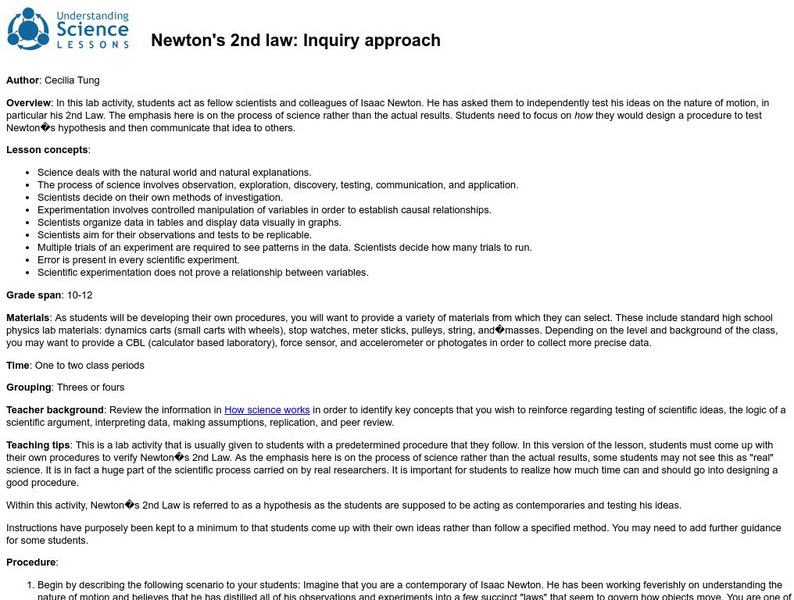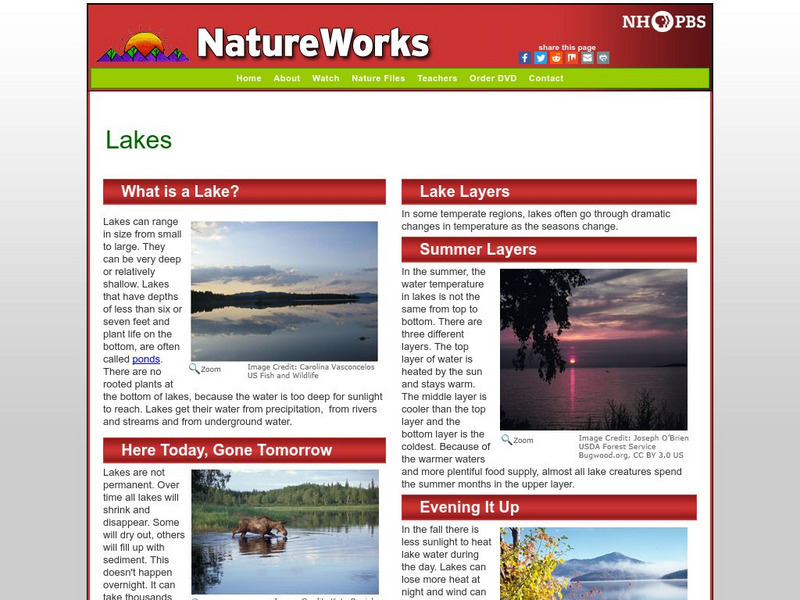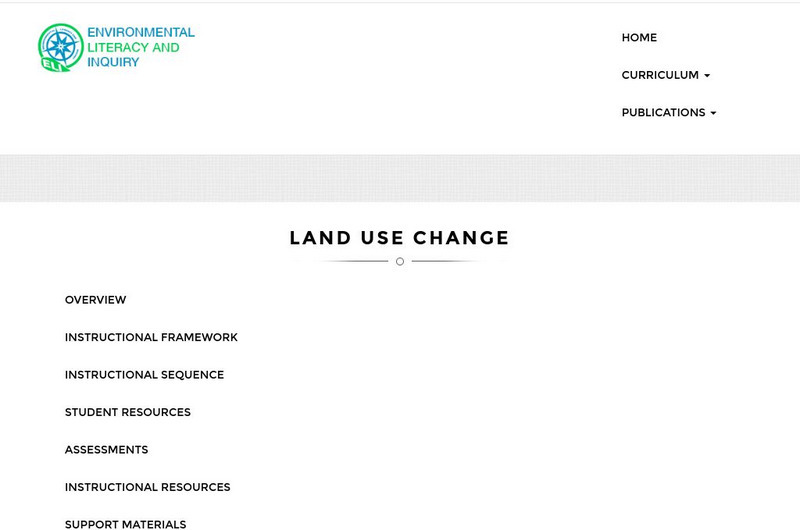McGraw Hill
Glencoe Biology: The Nature of Science: Self Check Quiz
Answer five comprehension check questions about the nature of science in this interactive quiz.
Georgia Department of Education
Ga Virtual Learning: Ap Biology: Nature of Science
In this online course, students look at the big ideas and themes of biology and review how these ideas are used to develop scientific inquiry and research.
Science Education Resource Center at Carleton College
Serc: Newton's 2nd Law: Inquiry Approach
In this activity, students test Isaac Newton's ideas on the nature of motion, in particular his 2nd Law. The emphasis is on the process of science, investigation, and experimentation, not the results. Students must come up with their own...
University of California
Understanding Science: Newton's 2nd Law: Inquiry Approach Lesson
For this lesson, students develop their own scientific experiment to test Newton's hypothesis that the acceleration of an object depends on the net force acting upon it and its mass. After completing their designed experiment, students...
Other
Elementary Science Program: Astronomy, Gr. 5 8
"Astronomy is the science that studies the Earth, the Moon and other objects in space. It has helped us discover our place in the physical universe. It is still making discoveries." This landing page gives options for students and...
Harvard University
Harvard Smithsonian: Everyday Classroom Tools
The focus of this series of lessons is to engage students in an exploration of the world around them. The emphasis is on inquiry as students learn about the earth, sun, light, shapes and more.
ReadWriteThink
Read Write Think: Reading/writing About Whales Using Fiction and Nonfiction Texts
Young scholars will have a whale of a good time in this lesson in which they use fiction and nonfiction texts to write a letter to an online scientist.
PBS
Nh Pbs: Nature Works: Lakes
What is a lake? Discover the answer to this question when you explore this informative resource. This site provides information on how temperature and seasonal changes effects lakes, how lakes are formed, how lakes compare in numbers to...
PBS
Pbs Learning Media: Dinosaur Train
Dinosaur Train sparks children's interest in life science and natural history. As they explore a variety of animals, children develop the inquiry skills and knowledge needed to help them think, talk and act like paleontologists. Choose...
Other
Lehigh University: Land Use Change
An inquiry-based science unit for middle school students centered on how human activities affect environmental changes related to land use. The lessons integrate technology and lab activities while teaching about today's land use and how...
Alabama Learning Exchange
Alex: Where Did You Get Those "Jeans"?
This lesson plan can be interdisciplinary involving science, mathematics, and language arts. The primary nature of the lesson plan is inquiry, project, and technology-based. In science this project is a culminating activity in the...
McREL International
Mc Rel: Glue Polymer (Whelmer #15 Learning Activity)
An easy to do activity that investigates the basic principles behind chemical bonding. The activity is written in lesson plan format that meets NSES standards.









